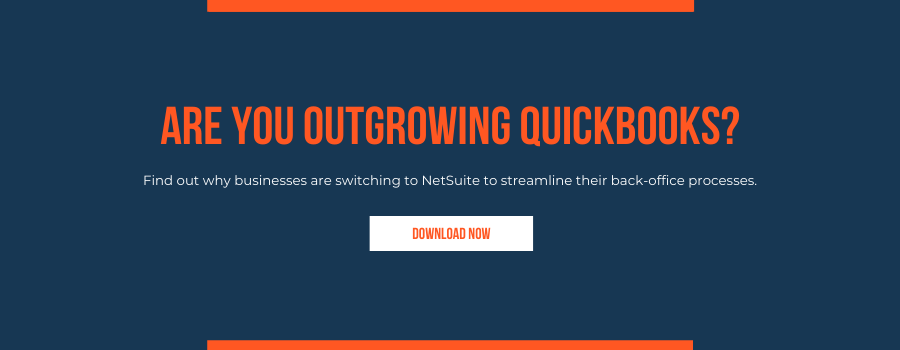
As a business leader, having a true understanding of the employee lifecycle is always of paramount importance. In a lot of ways, it's the key to understanding not only how staffing truly impacts your organization, but also the flow of resources in your company as well.
This, ultimately, is also why ERP for human resources is so important. Without the right analytics tools and software in place, it's essentially impossible to grasp the "bigger picture" playing out before your eyes. ERP can not only help finance teams and warehouse management with organization and processes, but it can also be of significant use to your HR team as well. It can even be a great way to automate much or even all of the employee life cycle, provided that you're able to keep a few key things in mind along the way.
The Raw Power of ERP for Human Resources: An Overview
Maybe the biggest opportunity you have in terms of using ERP to automate the employee lifecycle has to do with how it can help you significantly streamline and even regulate the recruitment process.
Attracting the attention of top talent is always difficult, and will always require that human touch at certain points. However, there are also opportunities to offload some of those menial tasks to your ERP solution, too, freeing up the valuable time of your people so that they can focus on those jobs that really need them. ERP allows you to do this in a true end-to-end fashion, from sourcing to hiring and beyond. This can be a perfect way for managers to get instant access to the high quality resources they need, all so that they can meet those project requirements no matter what.
Speaking of the actual onboarding process, ERP for human resources also offers a truly hassle-free way of onboarding new recruits through customized workflows and more. Finally, you can get rid of all that manual paperwork and similar processing—thus getting new employees on the job faster while saving costs at the exact same time.
ERP for human resources is also a viable way to create identity-based and even role-based automated access to the types of digital resources that your employees will need on a daily basis. In the digital world, it's important to know who is accessing information at any given moment and, most critically, why. For security reasons alone, the only people who should have access to a particular file, document, or directory are those who expressly need it to do their jobs. With the right ERP solution by your side, you can customize access based on your company's (or even a specific department's) unique needs. It's a better and more intelligent way to handle services management, and it's again something that is only possible through ERP.
A More Intelligent Way to Handle Employee Life Cycles
Perhaps the biggest impact that ERP for human resources can have on automating the employee life cycle comes down to the ways in which it makes ongoing learning and training easier than ever.
For the absolute best results, you need to create a workplace culture that makes people want to continue to learn and take those next steps towards bettering themselves and the quality of work they're doing on a regular basis. If you don't clearly illustrate to people how important learning is to performance, it's easy for them to grow stagnant and complacent. The minute someone thinks they've "done enough" to better themselves is the minute they've lost a game they never truly understood in the first place.
Where ERP for human resources comes into play has to do with the intersection between the e-learning systems you're probably already using and your ongoing performance management systems. It's easy for these areas to differ wildly not just between organizations, but even between different departments in the same business.
With the right ERP deployment, on the other hand, you can fully customize everything to meet your needs and maintain an ongoing, real-time performance record of your employees. It's easier than ever to see what is really going on, what's working, and, most essentially, what isn't. Instead of a simple annual review, you can finally have access to the information you need to implement precise types of training and skills upgrade programs. You're not just making it easier for your employees to embrace the potential of e-learning and similar systems—you're actually doing so in an automated, intelligent way that is better aligned with your long-term goals as a business.
Using the Technology of Today to Build a Better Tomorrow For Your Business
At ManoByte, we understand full well just how important ERP for human resources really is—which is why we want to help share it with as many organizations like yours as possible. Once you've used ERP to automate the employee lifecycle, you'll have done more than just improve productivity across the board. You'll also be dealing with a far more engaged workforce than ever, which creates the most important benefit of all: a higher quality of work that you're able to deliver to your customers on a daily basis.
If you still have any additional questions about using ERP for human resources to automate the employee life cycle, or if you'd just like to sit down with an expert and speak about your own needs in a bit more detail, please contact ManoByte today.


